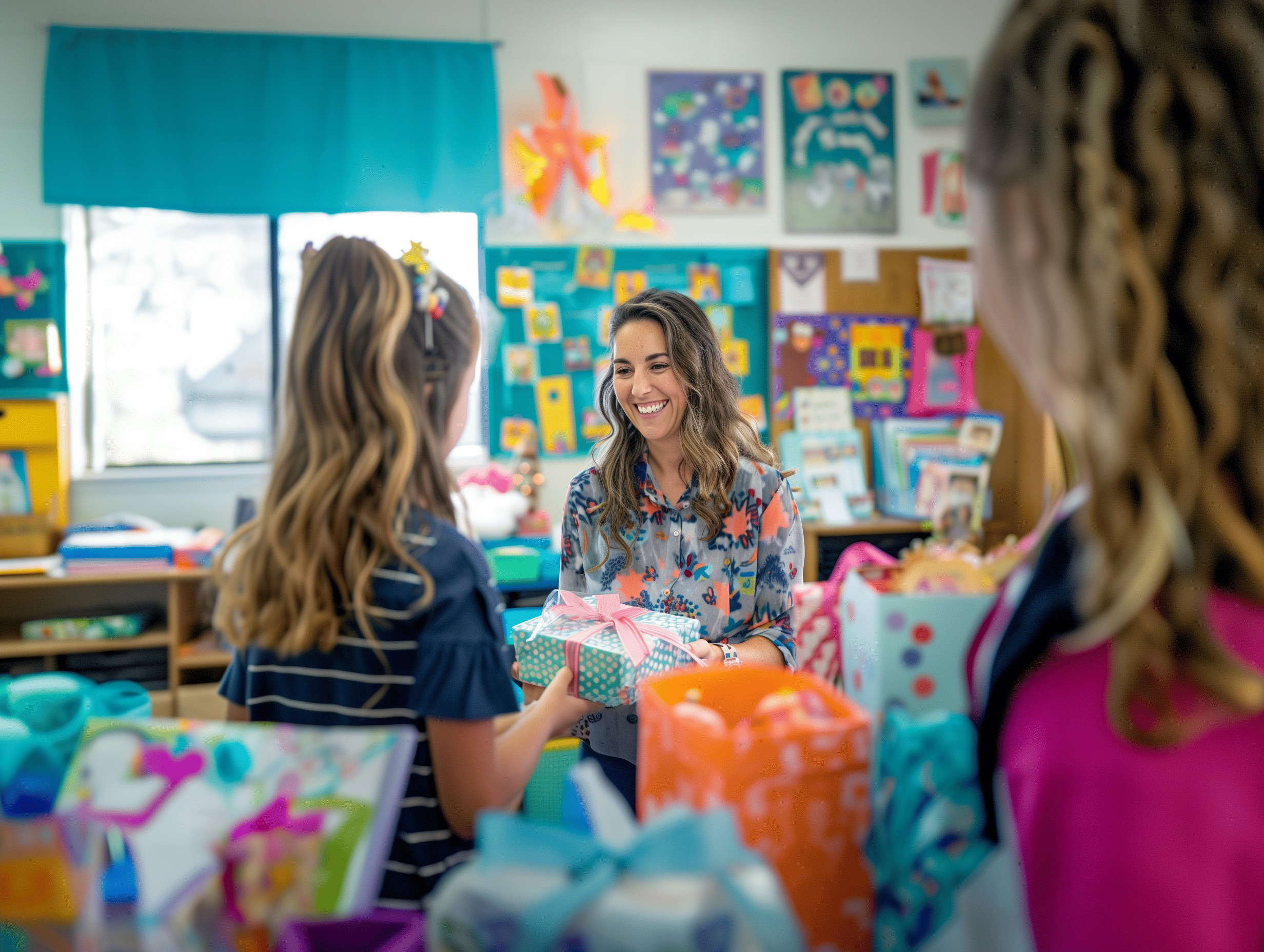| | |
The Assessment Institute August 6-9, 2006 Boston, MA
Don't
miss this extraordinary opportunity to learn from experts
and enjoy the historical sites!
The
Sheraton
Hotel, Boston, Massachusetts
August 6-9, 2006
|
Art Costa
Assessment Strategies for Self-Directed Learning
(keynote)
|
Assessment Strategies for Self-Directed Learning
|
| |
|
Art Costa |
Kay Burke
|
Kay Burke
Unpacking and Re-packing the Standards: Teacher Checklists to Guide Instruction
(Preconference)
Educators talk about beginning with the end in mind, but this process ensures it. After reviewing numerous examples, participants will work in small groups to “take apart” all the criteria in targeted standards and rearrange them into teacher checklists to guide instruction. By adding additional criteria, creating vocabulary lists, arranging the steps in sequential order, educators will not only teach for understanding but also prepare students for standardized tests. |
From Standards to Rubrics in Six Steps: Tools for Assessing Student Learning
Standards are the alpha and the omega of authentic assessment. This session will focus on creating curriculum units that cluster multiple standards, differentiate instruction, and differentiate assessment. Participants will develop motivating performance tasks, create criteria checklists and develop rubrics that provide descriptors of quality work. This Six-Step Process begins with the standards and ends with the vocabulary from the standards embedded in all the tools for assessing student learning. |
|
Ken O'Connor
How to Grade for Learning
Teachers are effectively linking an increasingly broad range of assessment and evaluation approaches with their teaching to improve learning. The next stage is linking this broad- based classroom assessment to grading practices in order to make grades meaningful. Participants will examine grading practices and principles that capitalize on these new assessment approaches, encourage effective learning, and support student success.
|
|
Ken O'Connor |
Bena Kallick
|
Bena Kallick
Assessment Strategies for Self-Directed Learning
Schooling is like a launch pad. All of the “life support” systems remain attached until that moment of lift-off when, the spaceship is “on it’s own,” however, it will always remain in communication with the command center. In order to prepare students to “navigate their own spaceship” we need to establish internal guidance systems to monitor progress toward their destinations, making small maneuvers and mid-course corrections using on-board “mental trim tabs.” Education must help students take charge of their own learning to strengthen their fortitude and resilience to self-correct and self-modify. In this strand, participants will become familiar with the attributes of self-directed learners and how a range and variety of assessment strategies contributes to enhancing these attributes.
|
|
Thomas Guskey
The Battle Over Report Cards: Grading Policies and Practices That Work
This presentation outlines a variety of alternative ways to report student progress to parents and the community, including; report cards, alternative formats for parent conferences, newsletters, phone calls, and other reporting tools. Designing new reporting structures that better communicate and involve parents in students’ learning will be highlighted, along with policies and practices that should be avoided due to their negative consequences for students, teachers, and schools. |
|
Thomas Guskey |
Lorna Earl
|
Lorna Earl
Leading Schools in a Data Rich World: Harnessing Data for School Improvement
Using Data for improvement puts school leaders into new roles in which they must operate like artists to characterize the complexities and subtleties of the subject. Artists are always gathering and using data. They are constantly observing, investigating, and responding to colors, textures, and images. And, they use their considerable interpretive talent and experience to draw the salient features to the foreground, emphasize important dimensions and communicate a mood and a message to the audience.
|
|
David Johnson
Assessing Students in Groups
There are many compelling reasons for using learning groups. Two issues in doing so is how to assess the learning of each individual member and how to assess the group productivity asa whole. Specific strategies for doing both will be presented. Emphasis will be placed on making assessment part of instruction. |
David Johnson |
|
Diane Ronis
Differentiating Assessments
Brain-friendly assessments such as portfolios, and performance tasks are different from traditional assessments in that they lend themselves to individualization and customization. Since such assessments cannot be scored in the traditional manner, a methodology is needed to provide objective evaluation able to withstand concerns regarding the reliability of scores based on human judgement. In this workshop, participants will create rubrics that can be easily customized and which also possess the flexibility to allow for learner differences. |
|
All featured sessions are presented in an interactive,
3 hour workshop format!
Registration is $449 per person
President's Reception plus Coffee & Danish Breakfasts Included
(For room reservations please call the Sheraton
Hotel, Boston, MA
at 800-521-5635 or
617-236-2000)
|



